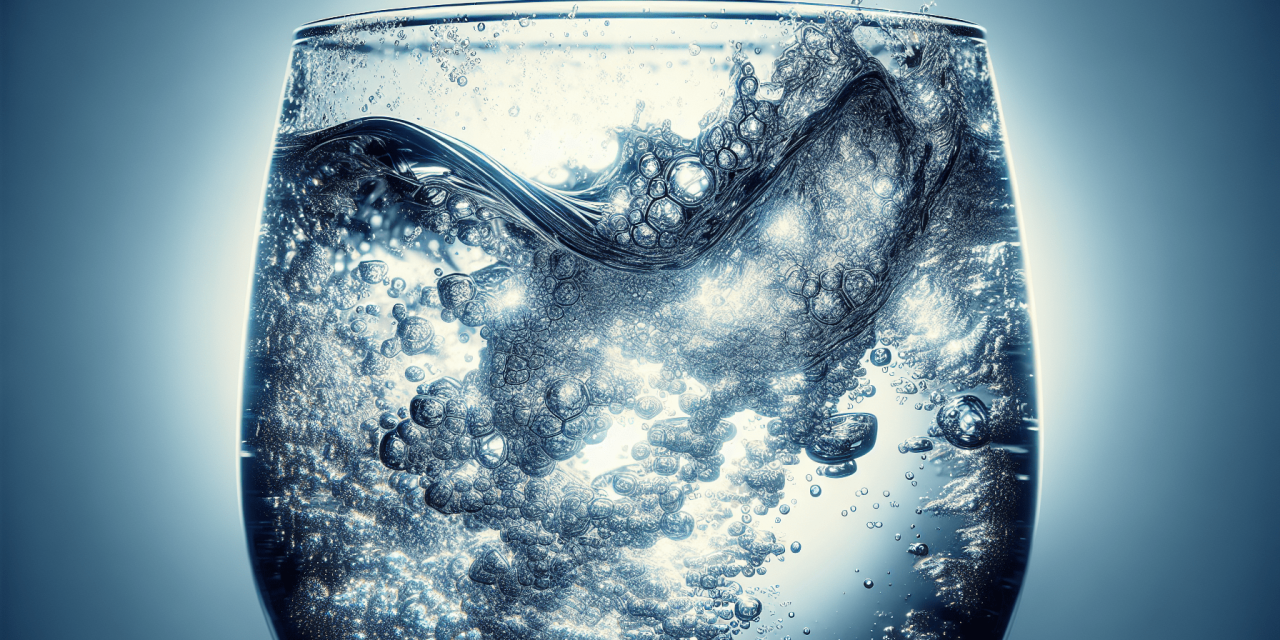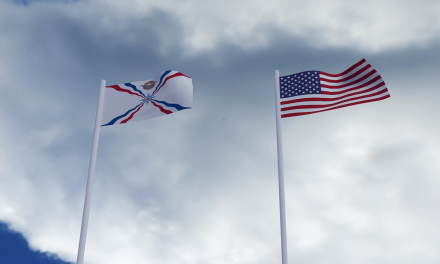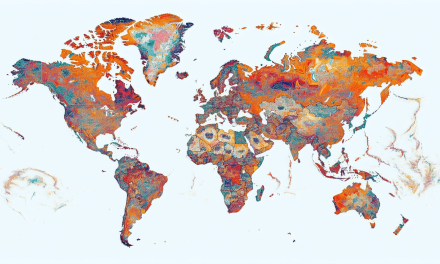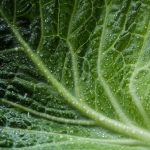So you’re planning a trip to Zambia and you’re wondering if you can drink the tap water. It’s a valid concern, considering the potential risks of drinking contaminated water in some countries. In this article, we’ll explore whether it’s safe to drink tap water in Zambia and what alternatives you have to stay hydrated during your visit. Get ready to quench your thirst for information and find out if you’ll need to rely on bottled water or bring a water purifier on your journey.
Tap Water Quality in Zambia
Tap water quality in Zambia is a matter of concern for both residents and visitors to the country. While the government has made efforts to improve water treatment and access to clean water, there are still challenges that need to be addressed. In this article, we will explore the standards for drinking water in Zambia, the challenges in water treatment, and the importance of testing and monitoring water quality.
Standards for Drinking Water
In Zambia, the standards for drinking water are set by the National Water Supply and Sanitation Council (NWASCO). These standards aim to ensure that tap water is safe for consumption and meets the recommended guidelines established by the World Health Organization (WHO). The guidelines cover various parameters such as microbiological, chemical, and physical characteristics of the water to ensure its safety for human consumption.
Challenges in Water Treatment
One of the main challenges in water treatment in Zambia is the inadequate infrastructure and limited resources. Many water treatment plants are outdated and unable to effectively remove contaminants from the water. Additionally, the lack of trained personnel and funding hinders the maintenance and operation of these facilities. As a result, the quality of tap water is often compromised, leading to potential health risks for consumers.
Testing and Monitoring
To ensure the safety of tap water, regular testing and monitoring should be conducted. However, this is another area that faces challenges in Zambia. Limited resources and inadequate laboratory facilities make it difficult to carry out comprehensive testing of water quality. Additionally, the lack of a robust monitoring system makes it challenging to identify and address issues promptly. Efforts should be made to strengthen the testing and monitoring capabilities to safeguard public health.
Potential Health Risks
Consuming contaminated tap water can pose various health risks. These risks can be categorized into two main types: waterborne diseases and chemical/biological contaminants.
Waterborne Diseases
Waterborne diseases are caused by microorganisms present in the water. These include bacteria, viruses, and parasites that can enter the body through drinking contaminated water. Common waterborne diseases in Zambia include cholera, typhoid fever, and diarrhea. These diseases can lead to severe health complications and even death, especially among vulnerable groups such as children and those with weakened immune systems.
Chemical Contaminants
Chemical contaminants can enter the water supply through various sources, including industrial pollution, agricultural runoff, and improper disposal of chemicals. These contaminants can have adverse effects on human health, depending on their concentration and exposure. Examples of chemical contaminants in water include heavy metals (such as lead and mercury) and pesticides. Prolonged consumption of water containing high levels of these substances can lead to serious health problems, including organ damage and developmental issues.
Biological Contaminants
Biological contaminants in tap water refer to the presence of living organisms, such as bacteria, viruses, and parasites. These contaminants can cause illnesses such as gastrointestinal infections and respiratory diseases. Proper water treatment methods should be employed to eliminate or reduce the presence of these biological contaminants. Failure to do so can result in widespread outbreaks and public health crises.
Alternatives to Tap Water
Given the concerns regarding tap water quality in Zambia, many individuals seek alternative sources of drinking water. Some popular alternatives include bottled water, filtered water, and boiled water.
Bottled Water
Bottled water is widely available in Zambia and is often considered a safer option than tap water. However, it is important to note that the quality of bottled water can vary, and not all brands may adhere to strict quality standards. Consumers should look for reputable brands that have undergone proper testing and have transparent labeling.
Filtered Water
Filtered water can be obtained through various methods, such as using home filtration systems, pitcher filters, or portable water filters. These filtration methods aim to remove impurities and improve the taste and odor of the water. It is crucial to choose a filtration system that is capable of effectively removing the contaminants present in the local water supply.
Boiled Water
Boiling water is a simple and effective method to kill bacteria and pathogens that may be present in tap water. Bringing water to a rolling boil for at least one minute can help ensure its safety for consumption. However, boiling water does not remove chemical contaminants, so it may not be suitable for areas with high levels of chemical pollution in the water supply.
Factors to Consider
When deciding on the best drinking water option in Zambia, several factors need to be considered:
Location and Source of Tap Water
The quality of tap water can vary depending on the location and source. Urban areas generally have better water infrastructure and treatment facilities compared to rural areas. Additionally, the source of water, such as rivers or groundwater, can impact its quality. It is essential to gather information about the specific location and source of tap water to make an informed decision.
Time of Year
Seasonal variations can affect the quality of tap water. During the rainy season, there may be increased runoff, which can introduce contaminants into water sources. It is advisable to be extra cautious during these periods and employ additional water treatment methods if necessary.
Personal Health
Individuals with compromised immune systems or specific health conditions may be more vulnerable to the potential risks associated with tap water. Consulting with a healthcare professional can help determine the best drinking water option based on personal health needs.
Government Efforts
The Zambian government recognizes the importance of ensuring access to safe drinking water for its citizens. Efforts have been made to improve water treatment and implement regulations and policies to safeguard water quality.
National Water Supply and Sanitation Council
The National Water Supply and Sanitation Council (NWASCO) is responsible for overseeing the water sector in Zambia. NWASCO plays a crucial role in setting water quality standards, regulating service providers, and ensuring compliance with guidelines established by the WHO. The council also conducts inspections and audits to monitor the quality of water supplied to consumers.
Water Infrastructure Projects
The government has implemented various water infrastructure projects to enhance water treatment and distribution. These projects aim to improve the capacity and efficiency of water treatment plants, replace outdated equipment, and extend water networks in underserved areas. Investments in infrastructure play a vital role in ensuring the availability of safe drinking water for both urban and rural communities.
Regulations and Policies
Regulations and policies are in place to protect public health and maintain water quality standards. The Zambian government has enacted legislation to address water management, pollution control, and water resource planning. Enforcement of these regulations is crucial to ensure compliance and accountability among water service providers. Continued efforts in this regard are necessary to further improve tap water quality in Zambia.
Safe Drinking Water Tips
Regardless of the drinking water option chosen, there are several additional measures that can be taken to ensure its safety:
Boiling Water
Boiling water can effectively kill harmful microorganisms. Bring the water to a rolling boil for at least one minute to ensure its safety for drinking and cooking purposes.
Using Water Purification Tablets
Water purification tablets can be used when clean water is not readily available. These tablets contain chemicals that can help disinfect water and make it safe for consumption. Follow the instructions provided on the packaging to use them correctly.
Proper Hygiene Practices
Maintaining proper hygiene practices is crucial to prevent waterborne diseases. Wash your hands thoroughly with soap and clean water before handling food or eating. Use clean utensils and sanitary storage containers for water to prevent contamination.
Community Water Sources
In some areas, community water sources may provide a viable option for safe drinking water. These sources include community wells, protected springs, and water vending machines.
Community Wells
Community wells are often shared by residents in rural areas who do not have access to piped water systems. These wells are typically constructed in areas with underground water sources. Proper maintenance and regular testing of the well water can help ensure its safety and prevent contamination.
Protected Springs
Protected springs are natural water sources that have been secured against contamination. They are often found in rural areas and can provide a reliable source of clean drinking water. Protecting the surrounding area from pollution and implementing regular monitoring are essential for maintaining the quality of water from these springs.
Water Vending Machines
Water vending machines can be found in both urban and rural areas. These machines dispense treated and filtered water into containers that individuals bring. The quality of water from these machines can vary, so it is important to ensure that they are regularly maintained and undergo water quality testing.
Water Access in Urban Areas
Access to safe drinking water in urban areas is relatively better than in rural areas. Multiple options are available to residents in urban areas to obtain clean water.
Public Water Supply
Urban areas often have a public water supply system that delivers treated water to households. These systems are regulated and monitored to ensure that water quality meets the required standards. Regular maintenance and testing of the water supply infrastructure are essential to prevent contamination.
Private Water Connections
Some residents in urban areas may opt for private water connections, such as boreholes or wells. These connections provide an alternative source of water that can be treated and monitored by the individual. Regular maintenance and periodic water quality testing are necessary to ensure the safety of the private water supply.
Water Tanker Deliveries
In areas where access to piped water is limited, water tanker deliveries are a common method of supplying drinking water. Tankers transport treated water and deliver it directly to households or community water points. However, it is essential to ensure that tankers are properly maintained and the water quality is regularly tested to avoid any potential health risks.
Water Access in Rural Areas
Access to safe drinking water is a significant challenge in rural areas of Zambia. However, various initiatives and methods have been implemented to address this issue.
Hand Pumps
Hand pumps are commonly used in rural areas to extract water from underground sources, such as boreholes or wells. These pumps provide a reliable source of water, but regular maintenance and monitoring are necessary to ensure their proper functioning and prevent contamination.
Rainwater Harvesting
Rainwater harvesting is a sustainable method of collecting and storing rainwater for domestic use. This method involves the collection of rainwater from rooftops, which is then stored in tanks or containers. Proper filtration and treatment are essential to ensure the collected rainwater is safe for consumption.
Water Boreholes
Water boreholes are drilled deep into the ground to access underground water sources. These boreholes can provide a sustainable and reliable source of water for rural communities. Regular maintenance and water quality testing are crucial to prevent contamination and ensure the safety of the water supply.
Environmental Impact
The issue of tap water quality in Zambia also has environmental implications that need to be considered.
Plastic Waste from Bottled Water
The consumption of bottled water contributes to the generation of plastic waste. Improper disposal of plastic bottles can lead to pollution of land and water bodies, and it poses a threat to wildlife. Encouraging the use of reusable water bottles and promoting recycling initiatives can help mitigate this environmental impact.
Energy Consumption for Water Treatment
Water treatment requires energy, and the reliance on conventional energy sources can contribute to greenhouse gas emissions and environmental degradation. Exploring renewable energy solutions, such as solar power, can help reduce the environmental impact associated with water treatment processes.
Water Source Depletion
Water treatment and high demand for water can put a strain on water sources, leading to depletion and desertification. Sustainable water management practices, including water conservation and proper land use planning, are essential to ensure the availability of clean water for future generations.
In conclusion, tap water quality in Zambia remains a concern, with challenges in water treatment and monitoring. While the government has implemented efforts to improve water infrastructure and enforce regulations, there are still risks associated with tap water consumption. Individuals should consider factors such as location, time of year, and personal health when choosing a drinking water option. Alternatives to tap water, such as bottled water, filtered water, and boiled water, can provide safer options. Community water sources and proper water access in both urban and rural areas play a crucial role in ensuring access to clean water. Additionally, it is important to be mindful of the environmental impact and take steps to reduce plastic waste and energy consumption. By addressing these issues, Zambia can progress towards providing safe drinking water for all its residents.












